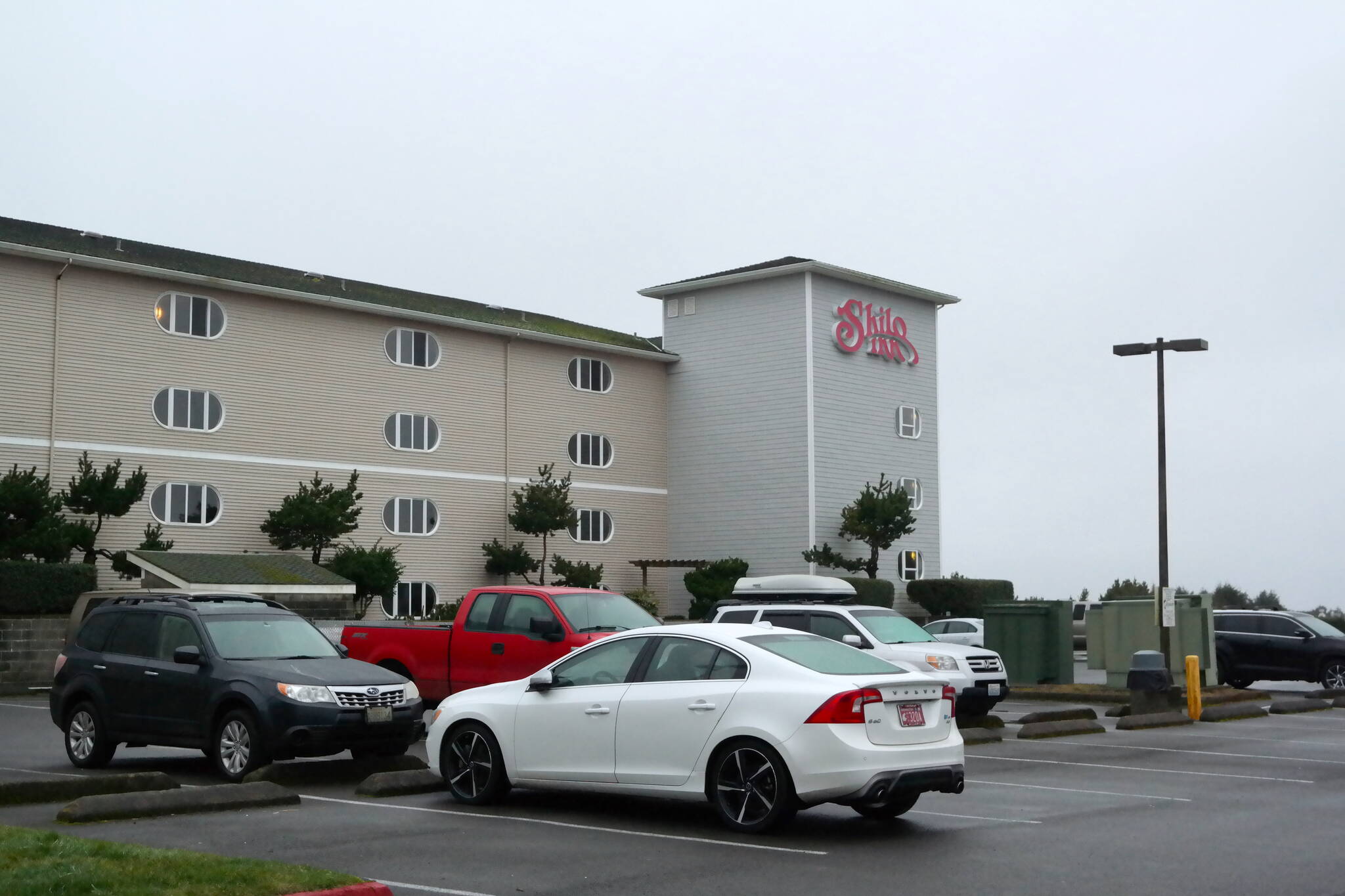In these sleepy winter months when the beaches are cold and the skies are gray, the bustling crowds that descend upon the beach towns of the coast feel like a distant memory.
After two years of pandemic restrictions and a vastly different travel reality, many tourism-related businesses in the Harbor have faced difficult times. Recent data from the hotel/motel tax in Ocean Shores, however, suggests that the overnight vacation rental industry has seen a major surge in the past year as longer stays and travel destinations closer to home have become more desirable.
The hotel/motel tax is a consumer tax on lodging charges for periods of less than 30 consecutive days. It applies to hotels, motels, rooming houses, private campgrounds, RV parks, and similar facilities. The tax is collected from the customer and reported by the lodging business on an excise tax return. The funds are then redistributed to the levying cities by the Washington State Treasurer, and may be used to promote tourism or tourism-related facilities.
In 2021, the city of Ocean Shores collected approximately $1.5 million in lodging tax revenue, a nearly 42 percent increase from 2020. The pandemic still lingers, but it seems that for overnight lodging at least, the forced lifestyle change may have been a positive one.
“We’ve had a really good year — an outstanding year,” said Ocean Shores Mayor Jon Martin. “It surprised me with COVID still going on, because we shut down the beaches, so we thought that we would have a poor year, but people weren’t traveling as much so they decided to come out to the beach instead.”
Eric Noble, who manages 32 units at WorldMark Mariner Village and also serves on the Ocean Shores City Council, attributes much of last year’s increased revenue to consistent occupancy, particularly from families who were able to work and learn remotely.
“The last year and a half has been interesting for us, to say the least. Before the pandemic we always had high occupancy, around 90+ percent year-round, so that hasn’t changed, but what has changed is that we no longer have those slower seasons around January and February,” he said.
Noble has found that the pandemic has attracted a new demographic, one that is slightly younger and tends to, on average, stay up to two days longer than usual.
“When we used to be a little slow, we’re not anymore,” he said. “People just want to get out of the city and see the ocean, so the majority of our guests come from Seattle, Portland, and even the Olympia and Spokane areas because it’s an easy drive to get here.”
While the abnormally busy weekdays of the remote learning era have largely faded away with school’s in-person return, high weekend occupancy has become the norm, even in the off-season. This may be due to the ongoing unprecedented growth of Ocean Shores, as it expands beyond its reputation as a popular retirement destination.
“We got ‘discovered’ a bit during the pandemic, and with the housing boom in Ocean Shores, owners that bought homes out here have family and friends come to visit, and they stay in the hotels and overnight rentals,” said Noble.
Revenue collected from the hotel/motel tax must be used to promote tourism or tourism-related services, per state mandates, but the decision on how to allocate funds in Ocean Shores is made by the Lodging Tax Advisory Committee (LTAC). The committee receives applications for tourism-related items, and awards requested funds accordingly. Written proposals were submitted in September 2021, when the committee received only three applications.
According to Mayor Martin, the vast majority of lodging tax revenue was awarded to the Ocean Shores Convention Center, which requested over $1.4 million in funds. The funds will be used for maintenance projects on the tourist destination that were deferred due to COVID, such as improving internet speed, increased accessibility, painting, new sound systems, and replacing rusted roofing components.
Another $19,000 was distributed to the two remaining proposals, which leaves the committee with more than $69,000 in funds still available for distribution.
The shift toward a more consistent tourism schedule has positive reverberations for the Ocean Shores economy, from restaurants that empty in the shoulder seasons to the small gift shops that wait patiently for the weekend crowds. Despite the financial success of last year, Martin is hesitant to fully proclaim a win quite yet.
“Everyone’s seeing inflation, so the cost of room rentals has gone up so the money we take in does as well,” he said.
He also has concerns over the disparity between high occupancy levels and the ongoing staffing shortages that have persisted in service industries since the pandemic began. That being said, Martin and lodging managers are optimistic that the pandemic has helped bolster the vacation reputation of Ocean Shores, and perhaps ushered in a new era in its tourism industry.
“We’ve got the beaches, and the beaches aren’t going away,” said Martin “More people have the ability to work remotely, so I think this trend will continue.”



